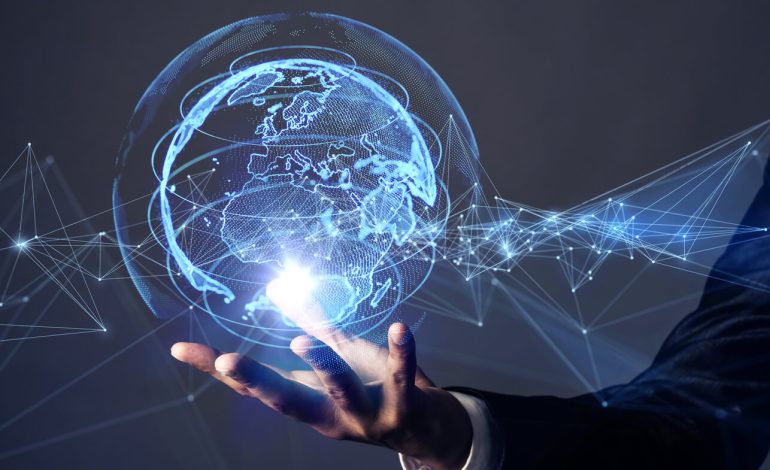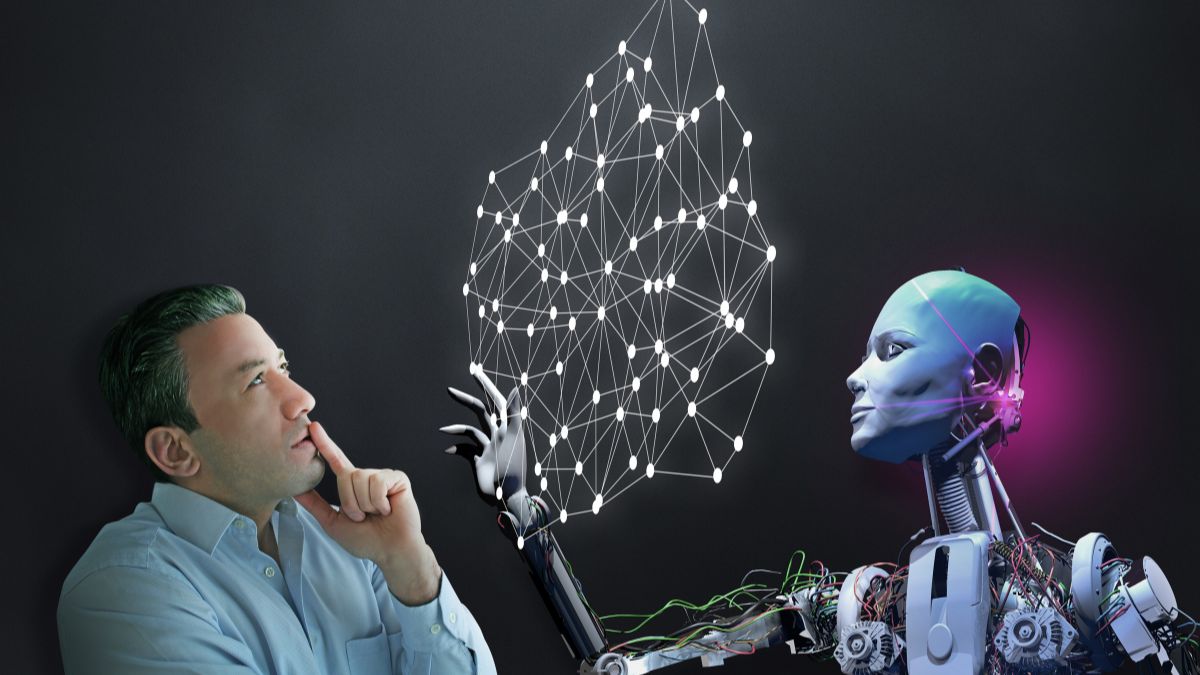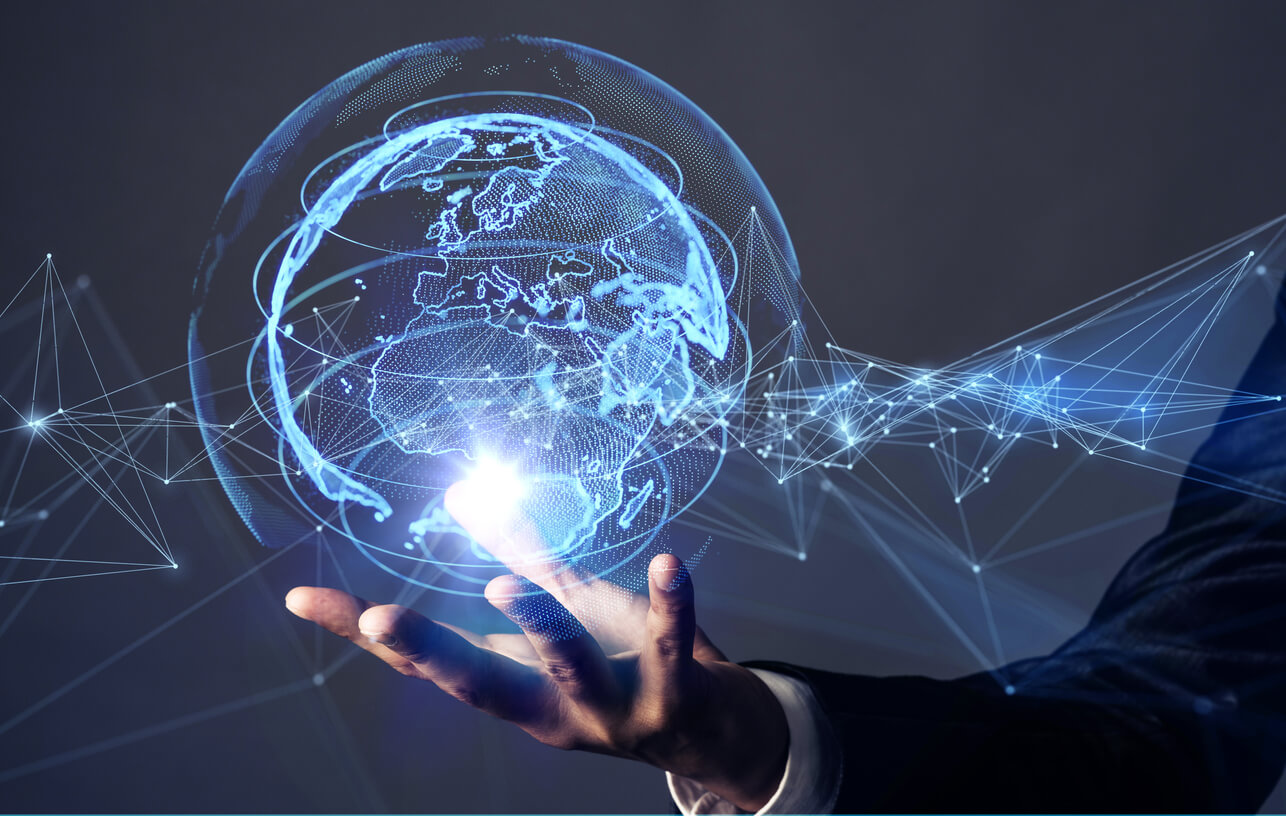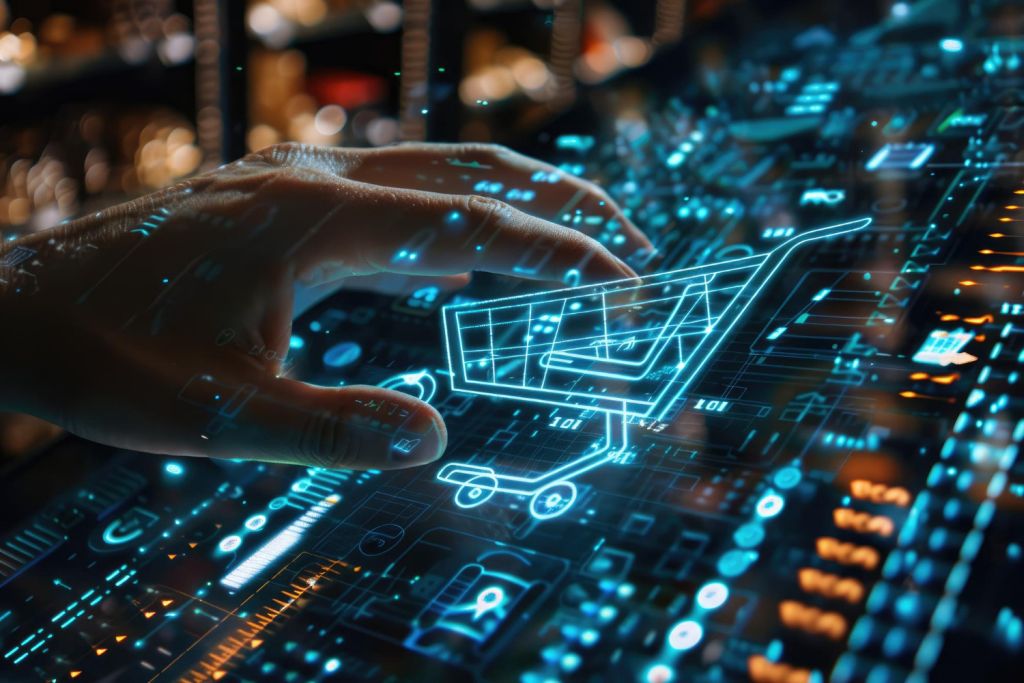The Future of Technology: Trends Shaping the Next Decade

Technology is evolving faster than ever before, and its impact is being felt across every industry and aspect of human life. From artificial intelligence and quantum computing to biotechnology and the metaverse, the next decade promises to be one of unprecedented change. For businesses, governments, and individuals, understanding these emerging trends is crucial to staying ahead of the curve. This article explores the major technological developments that will define the future and how they will transform the way we live and work.
Artificial Intelligence and Machine Learning
Artificial intelligence (AI) is no longer a futuristic concept—it is already integrated into our daily lives. From recommendation engines on streaming services to chatbots that handle customer support, AI is shaping consumer experiences and business operations. Over the next ten years, we can expect AI to move far beyond narrow applications.
Generative AI, for example, has demonstrated how machines can create text, images, code, and even music with remarkable fluency. In healthcare, AI-driven diagnostics will improve accuracy in detecting diseases. In manufacturing, AI will optimize production lines by predicting equipment failures before they happen. AI ethics and regulation will also become pressing issues, as societies grapple with the implications of automation, bias in algorithms, and privacy concerns.
The democratization of AI—through open-source platforms and user-friendly tools—will allow even small businesses and individuals to harness its power, unleashing new waves of innovation.
Quantum Computing
While still in its early stages, quantum computing has the potential to revolutionize industries by solving problems that are impossible for classical computers. Traditional computers process information in binary, while quantum computers use qubits, which can exist in multiple states simultaneously. This allows quantum machines to process vast amounts of data and perform complex calculations at unprecedented speeds.
Applications range from developing new pharmaceuticals by simulating molecular interactions to optimizing global supply chains. Financial institutions could use quantum computing for risk modeling and fraud detection. However, one of the most profound impacts may be on cybersecurity—quantum computers could crack encryption methods currently considered unbreakable, which has triggered research into quantum-safe cryptography.
Although widespread commercial use is still years away, investment from tech giants like IBM, Google, and startups such as Rigetti indicates that quantum breakthroughs are on the horizon.
The Internet of Things (IoT) and Smart Infrastructure
The Internet of Things (IoT) refers to the network of physical devices connected to the internet, sharing data in real time. This technology is already embedded in smart homes through thermostats, security cameras, and wearable fitness trackers. In the coming decade, IoT will expand into cities, transportation systems, and healthcare.
Smart cities powered by IoT will optimize energy consumption, reduce traffic congestion, and enhance public safety. In healthcare, remote monitoring devices will enable doctors to track patients’ vital signs without requiring hospital visits. In agriculture, IoT sensors will improve irrigation and crop management, increasing food security.
As billions of devices become interconnected, the challenge will be to ensure data security and privacy while managing massive amounts of real-time information. Edge computing—processing data closer to where it is generated—will become essential to reducing latency and increasing efficiency.

5G and Beyond
The rollout of 5G networks is already transforming connectivity by offering dramatically faster internet speeds, lower latency, and the ability to connect more devices simultaneously. This enhanced connectivity will drive innovations such as autonomous vehicles, smart factories, and immersive augmented reality (AR) experiences.
Looking further ahead, research into 6G promises even more radical changes. Expected by the 2030s, 6G may enable holographic communication, ultra-high-definition virtual environments, and instant global connectivity. These advancements will create new opportunities for collaboration, entertainment, and commerce while pushing the boundaries of what we consider possible in digital communication.
The Metaverse and Extended Reality
The concept of the metaverse—a shared virtual world where people interact, work, and play—has gained immense traction in recent years. Extended reality (XR), which includes virtual reality (VR), augmented reality (AR), and mixed reality (MR), forms the foundation of this digital universe.
In business, the metaverse could transform remote work by offering virtual offices where employees collaborate in 3D environments. Education will benefit from immersive classrooms where students can conduct science experiments or explore historical sites virtually. Retail will shift toward interactive shopping experiences where consumers “try on” clothes or test products virtually before making a purchase.
While hardware like VR headsets remains a barrier to mainstream adoption, rapid advancements and falling costs are expected to accelerate widespread use. Questions around governance, privacy, and digital ownership (such as NFTs) will continue to shape how the metaverse develops.
Biotechnology and Human Augmentation
The fusion of technology and biology will redefine healthcare and even what it means to be human. Biotechnology breakthroughs are already paving the way for personalized medicine, gene editing, and synthetic biology. Tools like CRISPR allow scientists to edit DNA with unprecedented precision, raising hopes for curing genetic diseases but also sparking ethical debates.
Wearable and implantable technologies could enhance human capabilities, from neural implants that restore mobility in paralyzed patients to augmented reality contact lenses. Some futurists predict a world where human augmentation extends beyond medicine, enhancing cognitive and physical abilities for healthy individuals as well.
While these innovations hold immense promise, they also raise profound societal and ethical questions: Who gets access to these technologies? Could human enhancement deepen inequalities? How do we regulate something that changes the very fabric of humanity?
Cybersecurity in an Interconnected World
As technology advances, so too do the threats. Cybersecurity will remain one of the most pressing challenges of the digital age. Ransomware attacks, data breaches, and state-sponsored hacking are already costing billions of dollars globally each year. With the growth of IoT, cloud computing, and AI, the potential attack surface for cybercriminals is expanding.
Future cybersecurity strategies will rely heavily on AI for threat detection, predictive analytics, and automated responses. Blockchain technology may also play a role in securing transactions and identities. However, as quantum computing becomes a reality, current encryption methods will need to be re-engineered to withstand new risks.
Governments and businesses must invest in resilience, not just defense, recognizing that cyber threats are inevitable and preparing for rapid recovery will be critical.
Sustainability and Green Technology
One of the defining challenges of the 21st century is balancing technological advancement with environmental sustainability. Green technology will play a pivotal role in addressing climate change. From renewable energy innovations like advanced solar panels and wind turbines to energy-efficient data centers and electric vehicles, technology is both a cause of and a solution to environmental problems.
Artificial intelligence will optimize energy grids, while biotechnology could create sustainable alternatives to plastics and meat. Carbon capture technologies, though still costly, are being refined to help reduce greenhouse gas emissions. As consumers and regulators increasingly demand eco-friendly solutions, businesses that adopt green technologies will not only reduce their environmental impact but also gain a competitive advantage.

Conclusion
The next decade of technology promises to be transformative, reshaping industries, economies, and societies. Artificial intelligence will power smarter systems, quantum computing will unlock new frontiers of discovery, and the metaverse will redefine how we interact with each other. At the same time, these advancements will raise critical ethical, security, and sustainability challenges.
To thrive in this rapidly evolving landscape, individuals and organizations must remain adaptable, continually update their skills, and stay informed about technological trends. The future of technology is not just about faster devices or smarter machines—it is about harnessing innovation responsibly to improve lives and create a more equitable, sustainable world.










